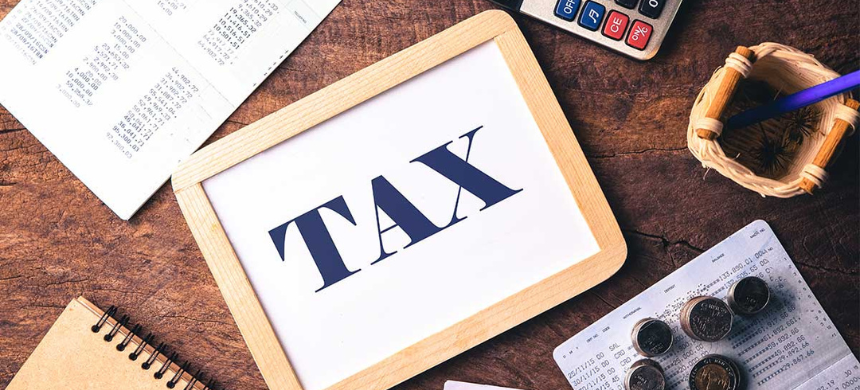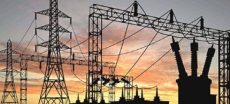The Islamabad High Court (IHC) has prohibited the Federal Board of Revenue (FBR) from taking any coercive measures against owners of residential properties in Islamabad for the collection of Capital Value Tax (CVT).
According to an IHC order, notices have been issued to the Federation, including the Attorney General of Pakistan, and the FBR. Until further proceedings, no enforcement actions will be taken against the petitioners regarding the imposed tax.
Read More: Punjab Unveils Major Property Tax Exemption Initiative
The petitioners, through this writ petition, have challenged Section 8(1), 8(2) (clauses (ab) and (ac)), and Section 8(4) of the Finance Act, 2022, which were amended under Section 12 of the Finance Act, 2024. They claim these provisions violate Articles 23, 24, and 25 of the Constitution, along with Entry No. 50 of Part-I of the Federal Legislative List in the Fourth Schedule of the Constitution.
The IHC has stated that this petition will be heard alongside Petition No. 2641 of 2024 to ensure consistency. Notices have also been issued to the respondents in this case, as well as to the Attorney General for Pakistan, according to the court order.
The petitioners are challenging the constitutionality of Section 12 of the Finance Act, 2024, which introduced amendments to Section 8 of the Finance Act, 2022, and revised the Table in the First Schedule of the same act.
Under the disputed amendment, a Capital Value Tax (CVT) has been imposed on farmhouses spanning at least 2,000 square yards and residential houses measuring at least 1,000 square yards (referred to as the “Impugned Levy”). The tax is determined by the size of the property, with varying rates applicable based on its dimensions.
The petitioners argue that this tax contradicts the traditional definition of Capital Value Tax, which is typically applied to economic transactions, such as the buying or selling of assets, as was the practice in Pakistan from 1989 to 2022. Under the usual CVT framework, the liability falls on the buyer—the party paying the purchase price. However, the current levy has no direct link to any economic transaction.
Despite being labeled as a Capital Value Tax, the Impugned Levy is not based on the actual market value of the assets or any generated income, whether actual or deemed. Instead, the tax is solely determined by property size.
As a result, the petitioners contend that this levy is essentially a tax on immovable property disguised as a CVT, which the federal government lacks the authority to impose. They argue that the 18th Amendment to the Constitution removed the power to tax immovable property from the federal jurisdiction by amending Entry No. 50 of the Federal Legislative List in the Fourth Schedule.











